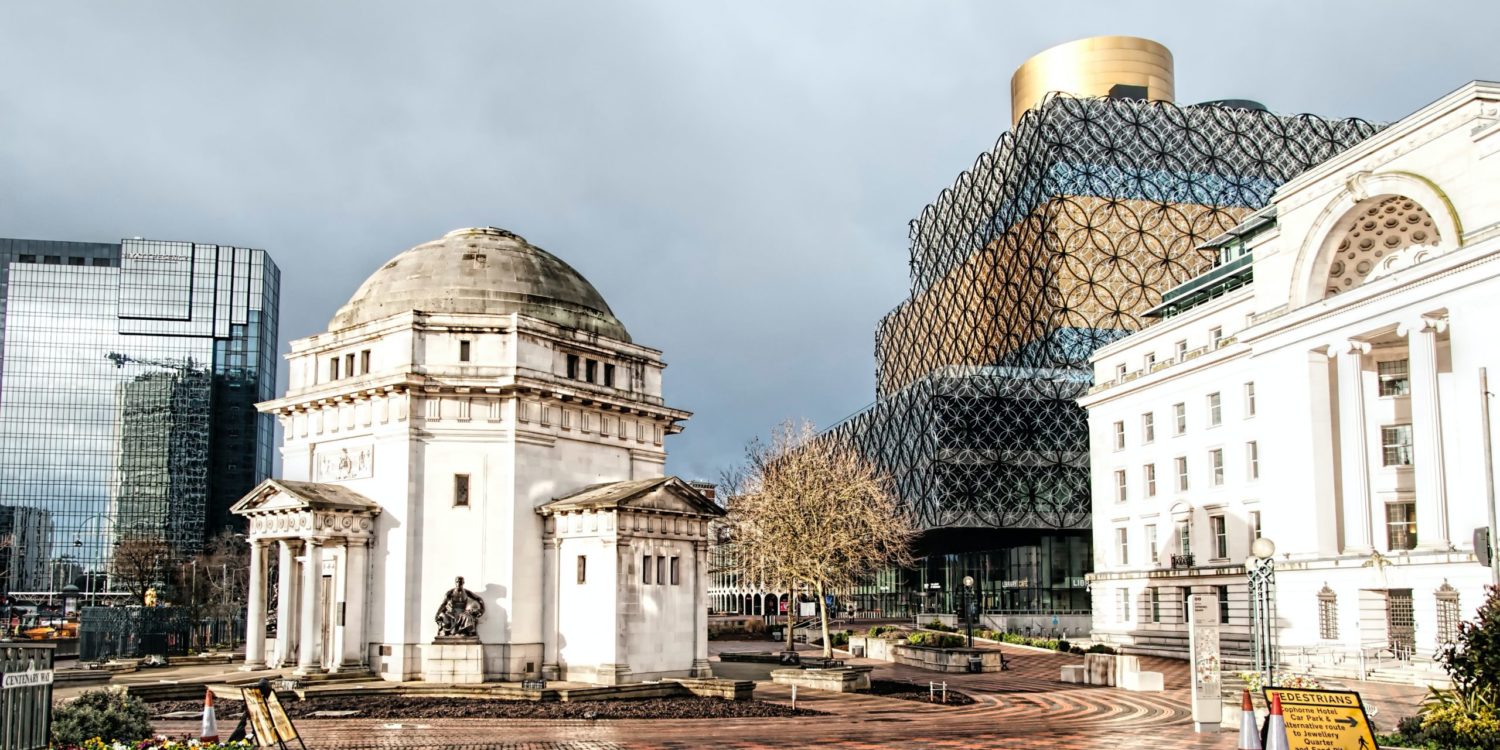People, Places, Traces: Arab Migration after WWII
16 February '23 at 6:00 pm to 7:00 pm

What makes people leave their country and move to another? Like many of the major cities in Britain, Birmingham became home to people from many different countries after World War II. Although the Yemeni community has the longest history in the city, the second half of the 20th century saw the arrival of other Arab communities: Egyptians, Syrians, Sudanese, Somali, Iraqi, Algerian and Moroccan, amongst others. Some came to study and decided to settle, some came seeking opportunities and work, whilst others came in search of sanctuary.
Join us for an online talk where historian Dr Neelam Hussain explores these questions and much more with historians, experts and those who lived through these changes. We’ll explore the different waves of migration from Arab nations to Birmingham after WWII, how the city has offered sanctuary to those fleeing civil war, and the experiences and lives of the next generations that have been raised here.
You can find updated details about guest speakers under our ‘Events‘ page or you can register here
This event is part of People, Places, Traces; a project documenting a millennium of interactions and exchanges between the British Isles and the Arab world through a series of public talks, essays and oral history interviews in the West Midlands.
The project is run by the Museum of Islamic Arts & Heritage (MIAH) Foundation and was awarded our Arab Britain commission following an open call in 2022.
